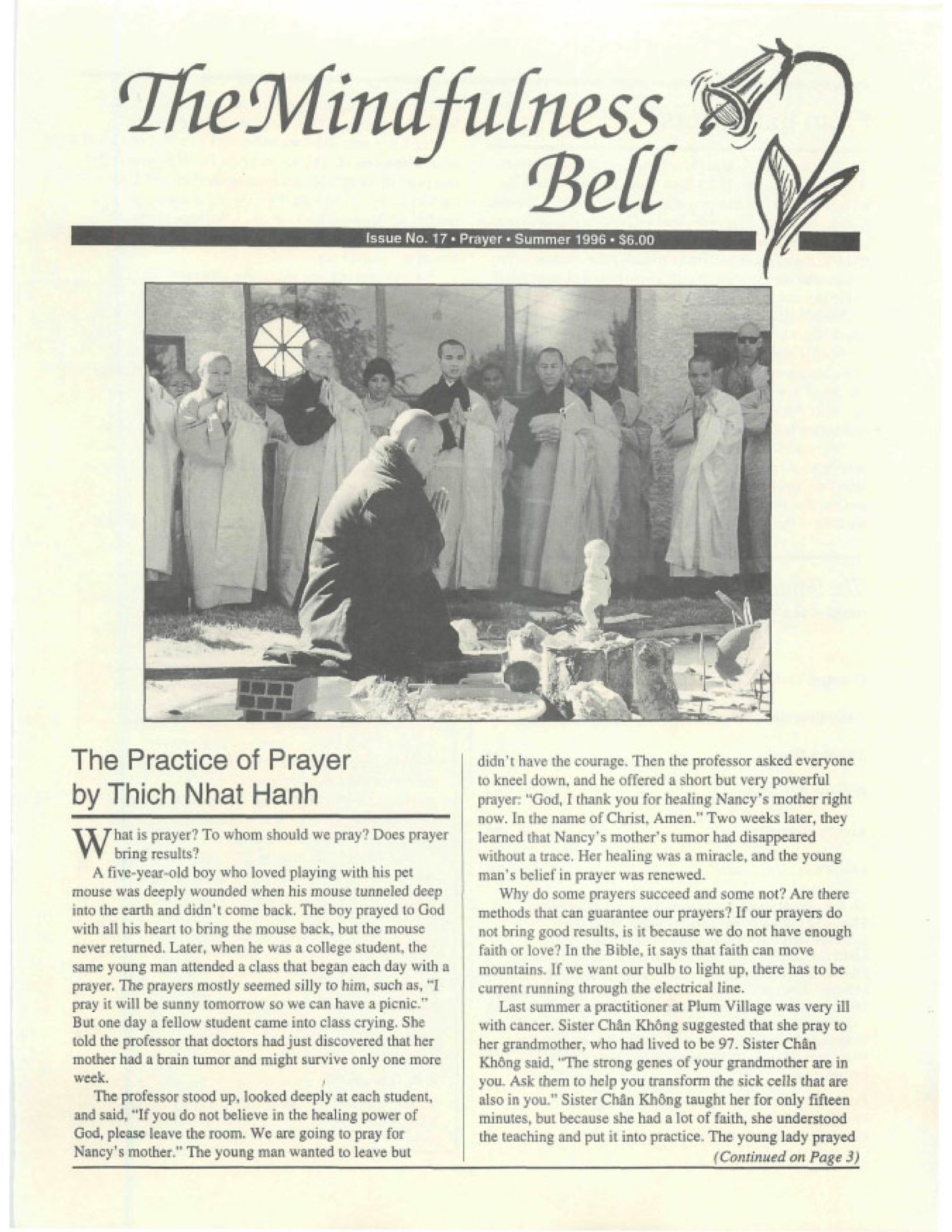
By Artie Fauss
James Tecumseh Fauss grew up in the great San Joaquin Valley of California, where winters are cold and gray with Tule fog and summers blaze with temperatures of more than 100 degrees. His father and mother, Harold and Fern, owned a dairy farm before moving to Ceres, California. Jim learning the plumbing trade from his dad. The lessons went far beyond how to use a pipe wrench. He heard his father’s World War II stories of civilian service in Panama,

By Artie Fauss
James Tecumseh Fauss grew up in the great San Joaquin Valley of California, where winters are cold and gray with Tule fog and summers blaze with temperatures of more than 100 degrees. His father and mother, Harold and Fern, owned a dairy farm before moving to Ceres, California. Jim learning the plumbing trade from his dad. The lessons went far beyond how to use a pipe wrench. He heard his father's World War II stories of civilian service in Panama, was challenged to soak up street names and geography, and become observant and aware. Fern said Harold was everyone's encyclopedia, and Jim became the second edition.
At Ceres High, Jim played football, was a cheerleader, and played saxophone in the band—sometimes all at the same game. As the result of a dispute with the principal concerning the degree of his sobriety at a basketball game, Jim left school without a diploma. He was not yet 18 when he joined the Army in 1957. He spent the next year learning Vietnamese at the Army Language School in Monterey. At 19, he married his high school sweetheart, but the rigors of Army life and pay took its toll. He went alone to Washington, D.C., where he was an interpreter at die National Security Agency. There, he interpreted decoded military messages and saw the results in the Washington Post a few days later. He felt directly responsible for political deaths in Cambodia and quit. The Army was livid. For weeks, he waited to find out whether they would let him retrain as a medic, court-martial him, or just shoot him some dark night.
The Army did not understand that young people like Jim learned more than words for "tank," "gun," and "missile" when they studied another human being's language. Every day, Jim got to know Vietnamese teachers who dreamed of returning to the villages where they were born. The spirit of a gentle people, whose lives had been interrupted for decades by war and occupation, captured the imagination of his sensitive soul. Years later, Jim would reflect on this experience in a poem titled, "How Can a Human Being Learn to Love a People, Then Kill Them?"
Jim was a plumber, reader, drug user, vegetarian, beatnik, lover, husband, father, bus driver, political activist, prisoner, ultra-runner, utilities inspector, climber, storyteller, mountain rescuer, private investigator, realtor, Buddhist, philosopher, ordained minister (sort of), traveler, and poet. He also became a cancer patient who learned to make peace with his disease to the point where he could counsel grieving family members of other patients at the hospice. I believe they trusted Jim because he had cancer and was such a dedicated scholar of fear. He was real. No one could get angrier, louder, or more passionate about love, politics, basketball, religion, drug addiction, animals, children, teenagers, and life.
Jim's best moments might have been holding his children for the first time; running on canal banks at dawn in summer while foraging for blackberries, peaches, or grapes; standing in awe at the lift-off of a blue heron; encouraging progress against racism, sexism, and poverty; watching the Golden State Warriors win; winning a twist contest himself at age 40-plus; seeing his daughter sound and whole again; learning that his stepchildren loved him too; talking with Buddhist monks in Vietnamese at a monastery in Hue; finding a new family of brothers and sisters in Buddhism; and being visited by so many of his family and friends at hospitals in Stanford and Modesto.
Jim's last words were, "I love," but for those of us who love him and love all the decent things he stood for in his life, his voice will continue through us and we'll remember him well, not only for the way he felt about summer, but for all seasons.
Artie and Jim Fauss were married in 1983 and raised four grown children together. Artie is a realtor in Modesto, California.

